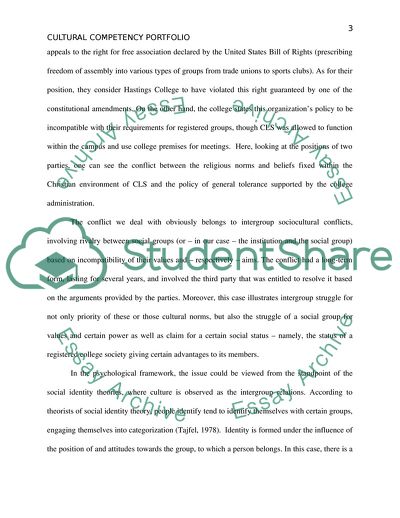Cite this document
(Cultural Competency Portfolio Essay Example | Topics and Well Written Essays - 1250 words, n.d.)
Cultural Competency Portfolio Essay Example | Topics and Well Written Essays - 1250 words. https://studentshare.org/psychology/1848882-cultural-competency-portfolio-piece-c
Cultural Competency Portfolio Essay Example | Topics and Well Written Essays - 1250 words. https://studentshare.org/psychology/1848882-cultural-competency-portfolio-piece-c
(Cultural Competency Portfolio Essay Example | Topics and Well Written Essays - 1250 Words)
Cultural Competency Portfolio Essay Example | Topics and Well Written Essays - 1250 Words. https://studentshare.org/psychology/1848882-cultural-competency-portfolio-piece-c.
Cultural Competency Portfolio Essay Example | Topics and Well Written Essays - 1250 Words. https://studentshare.org/psychology/1848882-cultural-competency-portfolio-piece-c.
“Cultural Competency Portfolio Essay Example | Topics and Well Written Essays - 1250 Words”. https://studentshare.org/psychology/1848882-cultural-competency-portfolio-piece-c.


